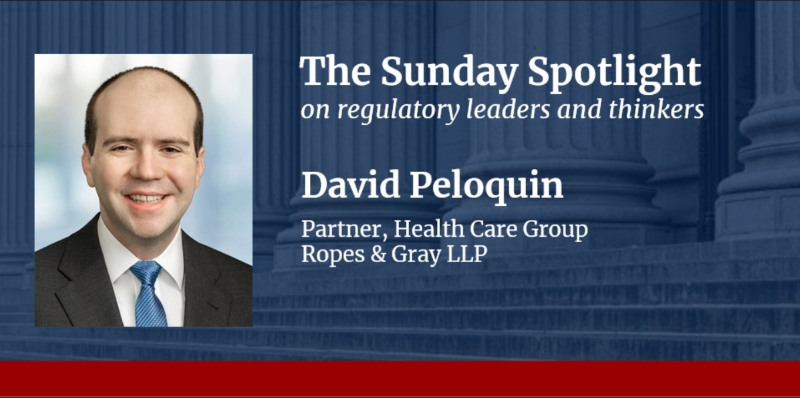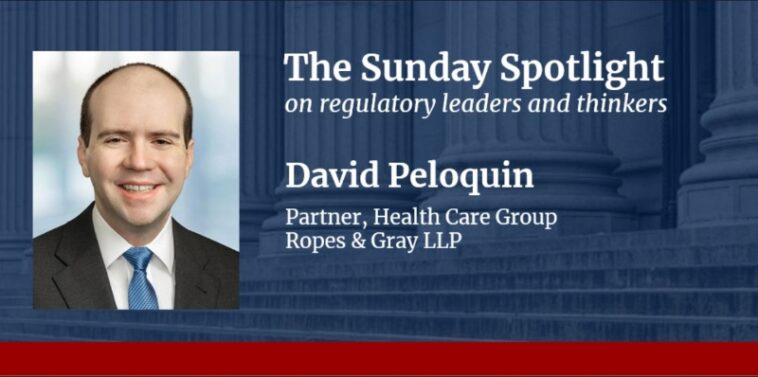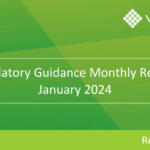
A Recap of 2024 Regulatory Highlights
Looking back on 2024, here are the regulatory highlights that defined that year, accentuated by the incisive examinations by esteemed regulatory scholars, lawyers, and analysts.
The Impact of Lowering Discrimination Claims bar for Employees
Alia Al-Khatib, from the University of Pennsylvania Carey Law School, highlighted in her July 16, 2024 essay that employers should brace themselves as employees no longer need to show “significant” harm to sustain discrimination claims under Title VII. This development underscores a vital shift towards more employee-friendly labor law policies.
“Unprecedented” Presidential Procurement Power: An Analysis
Whilst many have cast doubts on the scope of the President’s authority over federal contractors, Jordan Ascher from Governing for Impact assures us that this broad power will persist.
Administrative Agencies: Limitations on Law Amendments
Bob Barr of the National Rifle Association opines that as per July 24, 2024 court ruling, agencies can no longer rewrite laws. Limits placed on ATF’s ability to expand the statutory scope by redefining modestly define terms could very well ripple out and have wider implications.
End of the Chevron Era
Thomas A. Berry of the Cato Institute discusses the Administrative Procedure Act which reasserts courts, not agencies, in deciding the ultimate meaning of a statute.
China’s High Minimum Fines Undermine Administrative Discretion
A standout piece by Wang Bin from the Peking University Law School, discusses how China’s policy of enforcing high minimum fines undermines the principle of administrative discretion and calls into question the efficacy of this uniform punishment approach.
The Revolution of the Virginia Model for Regulatory Modernization
Reeve T. Bull from the Virginia Office of Regulatory Management offers insights into how Virginia’s model of regulatory modernization can provide a blueprint for other states seeking to reform and modernize their regulatory regimes.
Psychedelics: Therapeutic Implications and the Hurdle of Reimbursement
Insurance reimbursement for psychedelic therapy is intensively discussed by Molly Candon from the University of Pennsylvania Center for Mental Health. The article calls for better coverage for these treatments, arguing their relevance for mental health care.
The Supreme Court: Enabler or Threat?
Eric W. Orts from The Wharton School, University of Pennsylvania raises alarm bells over the Supreme Court’s recent decision on presidential immunity, arguing that it could potentially pose a threat to the survival of the American Republic.
Psychedelics in Medicine: Australia’s Fresh Approach
A discussion on the evolving landscape of psychedelic medicine in Australia compiled by Daniel Perkins, from the University of Melbourne in Australia, details a new framework for regulating medicinal use of psychedelic substances such as MDMA and psilocybin.
Looking Forward
While we delineated various shifts in the regulatory landscape during 2024 with multiple substantial legal and regulatory evolutions, let us not neglect the yet untapped wells of potential developments in the regulatory environment. Each of these transitions is a testament to the dynamic nature of the regulating sector, and show how academia, legal practitioners, and analysts continue to foster fresh perspectives and innovative approaches in this field.
Originally Post From https://www.theregreview.org/2024/12/30/top-contributor-essays-of-2024/
Read more about this topic at
Regulatory reflections: continuous improvement in care …

